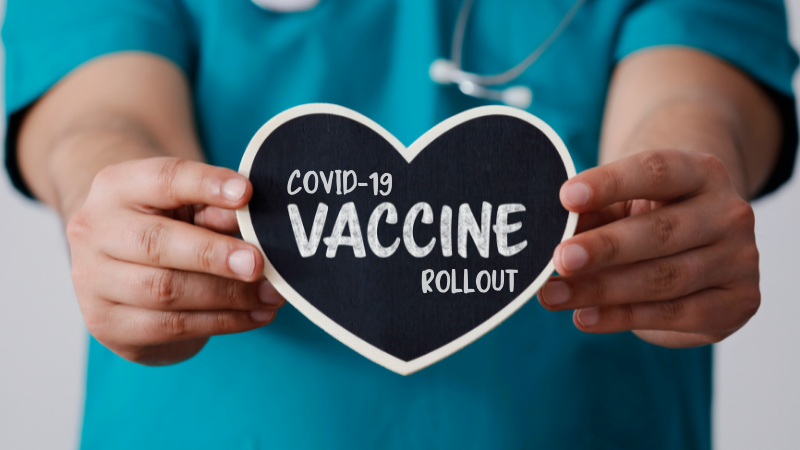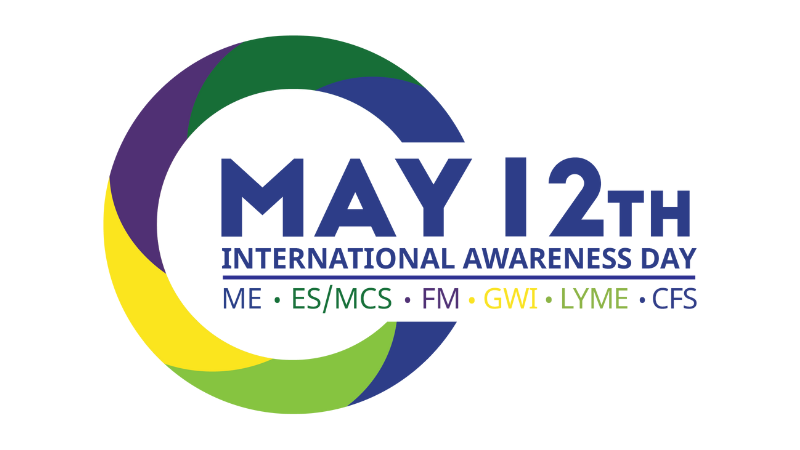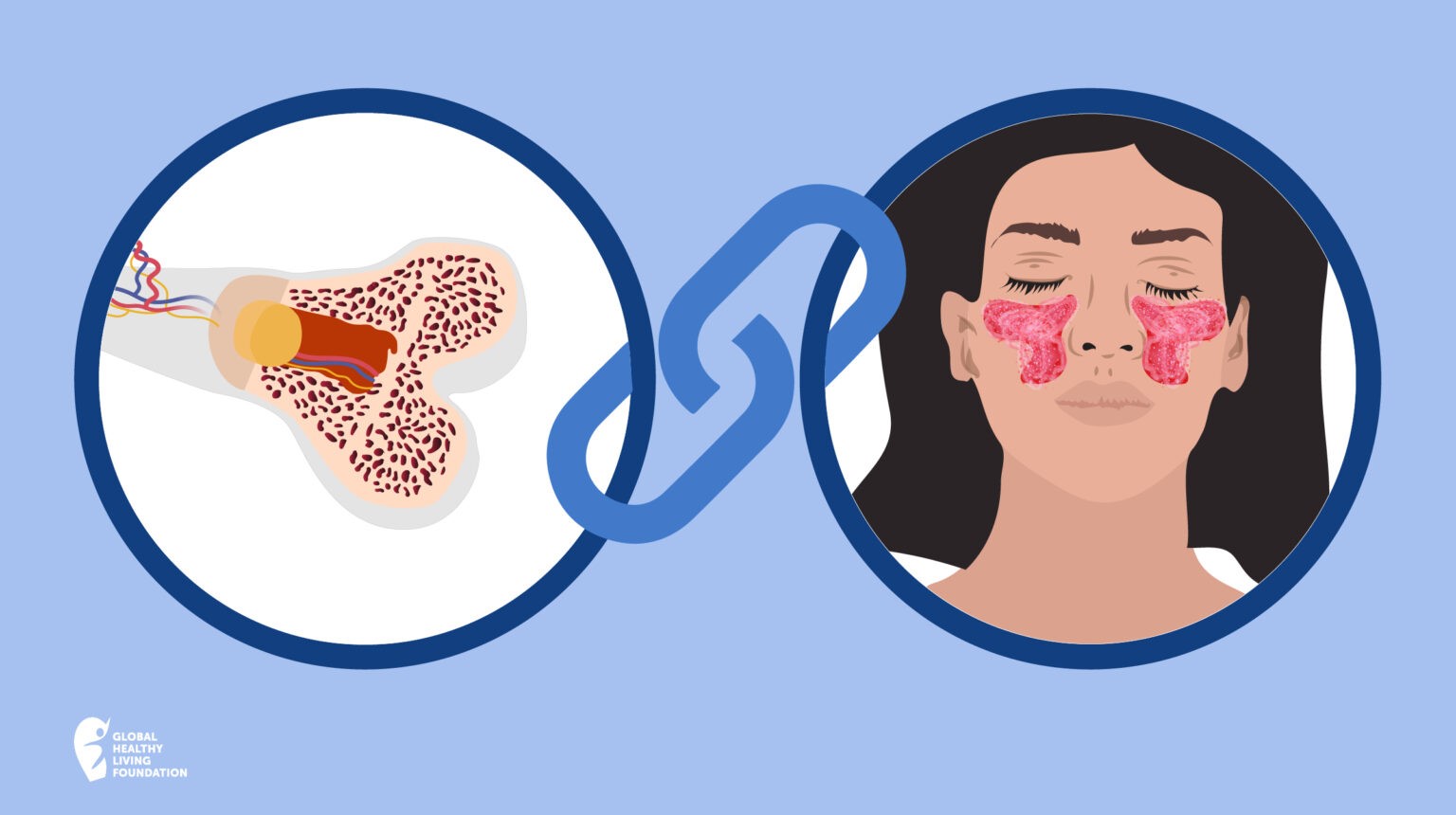

11 May 2021
The aim of the COVID-19 vaccination program in Australia is to reduce COVID-19 related harm by preventing serious illness and death, and, as much as possible, disease transmission. Information on COVID-19 vaccination program implementation in Australia is available on the Department of Health website. All vaccines will be free (including the appointment to get the vaccination).
Australians currently have access to the Pfizer (Comirnaty) COVID-19 vaccine and the AstraZeneca (Oxford) vaccine.
The Pfizer vaccine will require a second dose, usually 21 days after the first dose. The AstraZeneca vaccine will require a second dose, usually 12 weeks after the first dose. The first dose does provide some protection. The second dose gives more long-term protection from COVID-19.
Your second dose will be with the same vaccine you received in your first dose.
Which Vaccine Will I Receive?
On 8 April 2021, the national vaccine rollout changed to recommend the use of the Pfizer vaccine over the AstraZeneca vaccine in adults aged less than 50 years who have not already received their first dose of AstraZeneca vaccine. On 23 April 2021, Professor Paul Kelly, Australian Government Chief Medical Officer reaffirmed this advice.
The AstraZeneca vaccine can be used in adults aged under 50 years where the benefits are likely to outweigh the risks for that individual and the person has made an informed decision based on an understanding of the risks and benefits.
What Are the Priority Groups for COVID-19 Vaccination?
The Australian Government Department of Health website outlines the five phases in which priority groups will be given access to COVID-19 vaccinations.
Phase 1a is now well underway. It includes quarantine and border workers, frontline health officials, those working in aged care and disability care and residents of aged care and disability care.
Phase 1b began in late March 2021. It includes:
- Healthcare workers currently employed and not included in Phase 1a
- Household contacts of quarantine and border workers
- Critical and high-risk workers who are currently employed
- Elderly people aged 70 and over
- Aboriginal and Torres Strait Islander people aged 50 years and over
- Adults with an underlying medical condition or significant disability
Phase 1b includes people living with the following chronic inflammatory conditions requiring medical treatments (as well as their carers):
- Systemic Lupus Erythematosus
- Rheumatoid Arthritis
- Crohn’s disease
- Ulcerative colitis
- Similar conditions who are being treated with disease-modifying antirheumatic drugs (DMARDs) or immune-suppressive or immunomodulatory therapies
- Primary or acquired immunodeficiency, including congenital causes of immunodeficiency and HIV/AIDS
Phase 1b generally does not include people living with osteoarthritis, fibromyalgia, myalgic encephalomyelitis/chronic fatigue syndrome or similar non-immunocompromising inflammatory conditions.
Note: If you currently use DMARDs (such as methotrexate, adalimumab or secukinumab) to treat your condition you will need to talk to your rheumatologist about how many weeks to withhold these medications before and after each of your COVID-19 vaccination doses. The Australian Rheumatology Association has released general information on COVID-19 Vaccination for People with Rheumatic Diseases but your rheumatologist can help you create the best vaccination plan for you.
You can learn more about Phase 1b of the COVID-19 vaccination program on the Australian Government Department of Health website.
Phase 2a recipients will include adults aged 50 to 69 years, Aboriginal and Torres Strait Islander people aged 18 to 54 years and critical and high-risk workers not included in the earlier phases.
As of 3 May 2021, people aged 50 years and over can access AstraZeneca vaccinations via GP-led Respiratory Clinics and state and territory clinics. From 17 May people aged 50 years and over will be able to make appointments for the AstraZeneca vaccine at participating general practices.
Existing Pfizer hubs will continue to operate for people aged under 50 years.
Phase 2b will include the balance of the adult population. Phase 3 will include those under 18 (if recommended). Dates for these phases have not yet been set.
You can use the Vaccine Eligibility Checker on the Australian Government Department of Health Website to help you work out which phase you will be in.
For example:
- A 33-year old frontline worker with no underlying medical conditions or significant disabilities would be eligible now to access the Pfizer vaccine under Phase 1a.
- A 50-year-old with rheumatoid arthritis and taking methotrexate would be eligible now to access the AstraZeneca vaccine under Phase 1b.
- A 25-year-old with ankylosing spondylitis and taking Humira would be eligible now to access the Pfizer vaccine under Phase 1b.
- A 69-year-old with osteoarthritis would be eligible now to access the AstraZeneca vaccine under Phase 2a.
- A 27-year-old with fibromyalgia would need to wait for Phase 2b to begin and would most likely receive the Pfizer vaccine.
How Do I Provide Evidence of My Underlying Condition?
To be vaccinated during Phase 1b, you will need to provide suitable evidence of your underlying condition. This evidence can include:
- Your regular GP clinic’s records
- A My Health Record (These can be viewed via the Healthi and HealthNow apps)
- A referral from a treating GP or specialist
- Other medical records including medical history printouts, a chronic disease care plan, a hospital discharge summary or a valid script for medication prescribed for one of the relevant conditions.
- An Eligibility Declaration form
You will need to bring the evidence of your eligibility to your appointment (unless you are attending your regular GP clinic). You will also need to bring your Medicare card if you have one.
See the Australian Government Department of Health website for more information on what to do before you get vaccinated for COVID-19.
How Do I Book My Vaccination Appointment?
Some GP clinics have started to contact their regular patients who are eligible for inclusion in Phase 1b to book them in for an appointment. However, most people will need to check their eligibility before booking an appointment.
There are two ways you can book your vaccination appointments. You can:
- Complete the Vaccine Eligibility Checker. If you are eligible, you will be able to view vaccination clinics near you. These will specify if you can book your appointment online or if you will need to call the clinic. Most clinics are being added to this site each week, so check back regularly to find a suitable clinic or appointment time.
- Call your local GP clinic to book your COVID-19 vaccination. If they are not participating in the vaccination rollout, they can direct you to the nearest vaccine clinic.
Where Can I Find More Information About the COVID-19 Vaccine for People With Autoimmune Arthritis?
- ATAGI: COVID-19 vaccination decision guide for people with immunocompromise
- Australian Rheumatology Association: COVID-19 Vaccination for People with Rheumatic Diseases
- Australian Government Department of Health: COVID-19 vaccines – Is it true?
- Therapeutic Goods Administration: COVID-19 vaccine safety monitoring and reporting
- CreakyJoints Australia: Living With Arthritis During COVID-19 – Education and Support Resources




